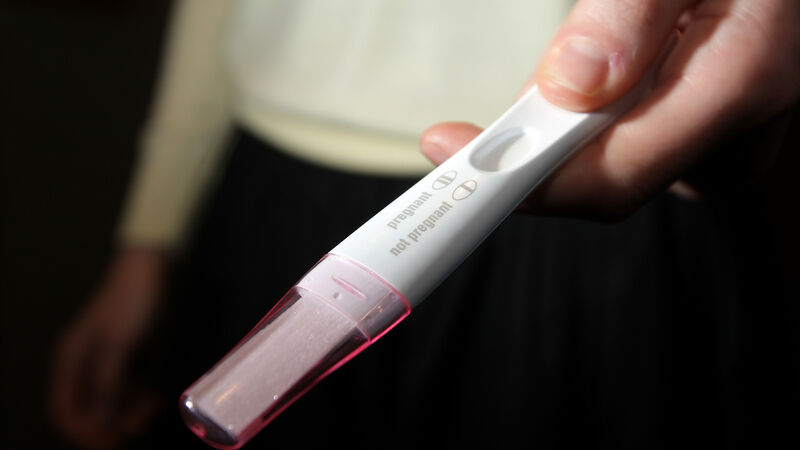Women putting off having children until they feel they can afford it

Survey found attitudes to pregnancy services were broadly positive, with good information and accessibility.
A quarter of women surveyed will delay having children until they’ve reached certain financial or career goals. This jumps to 65% of women aged between 18-24.
An Ipsos B+A survey also found that just under half of mums would like to have more children. Younger mums and those from less affluent backgrounds were most keen to extend their families.











